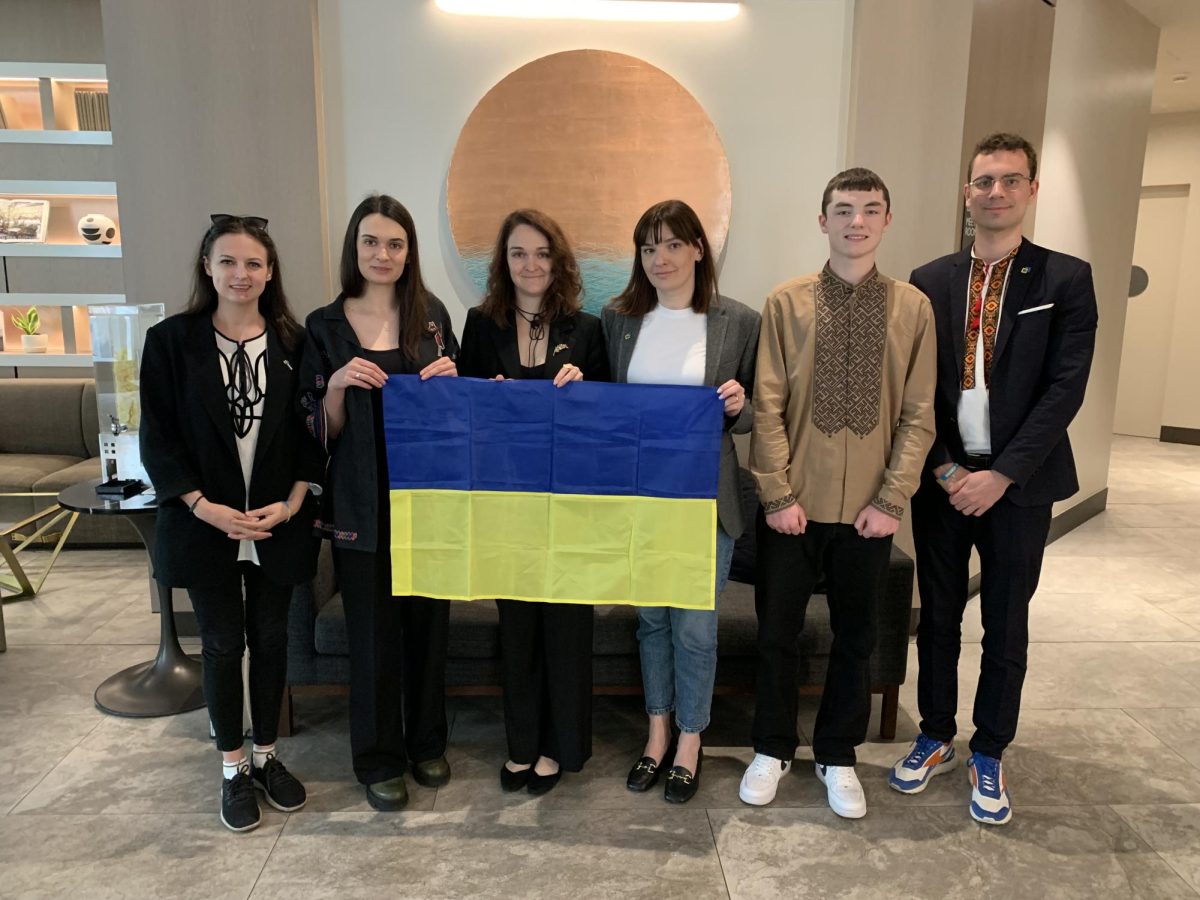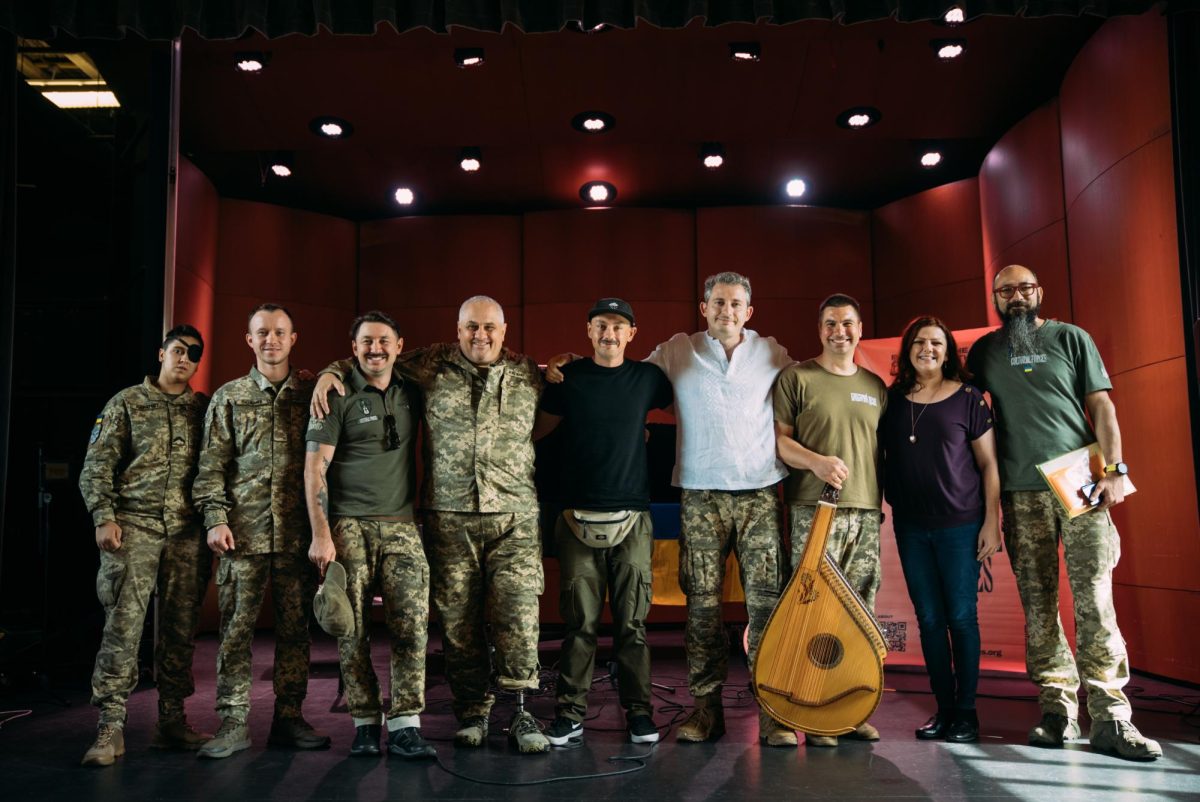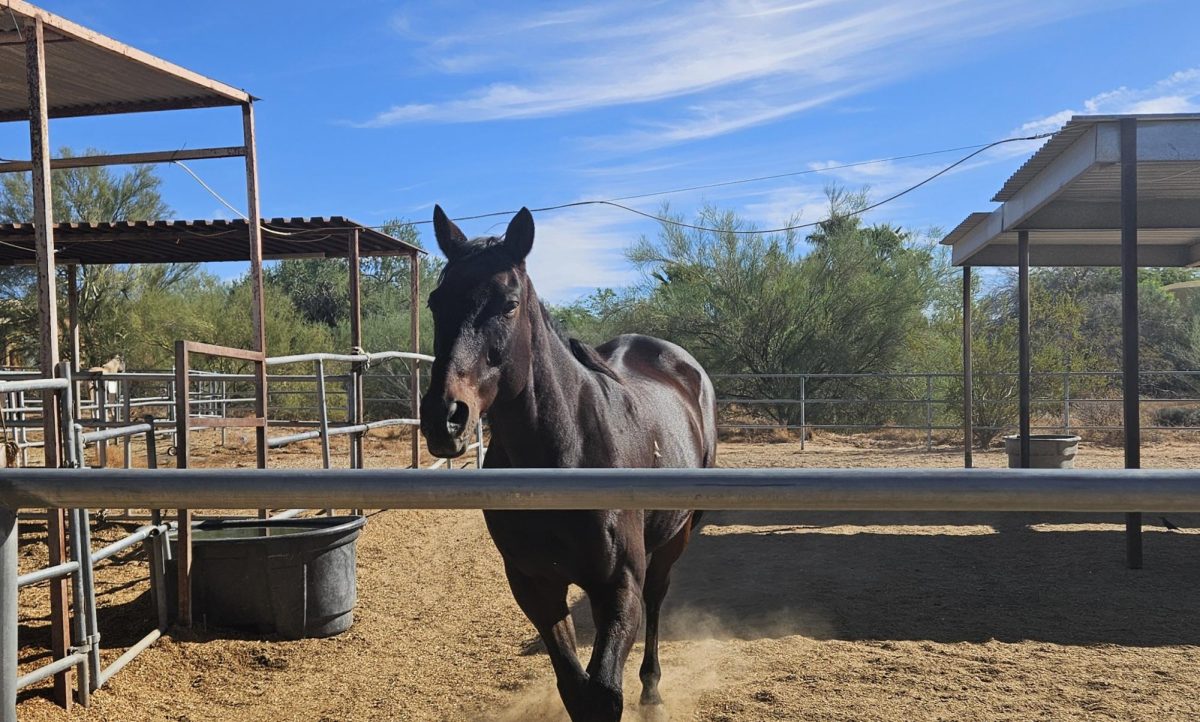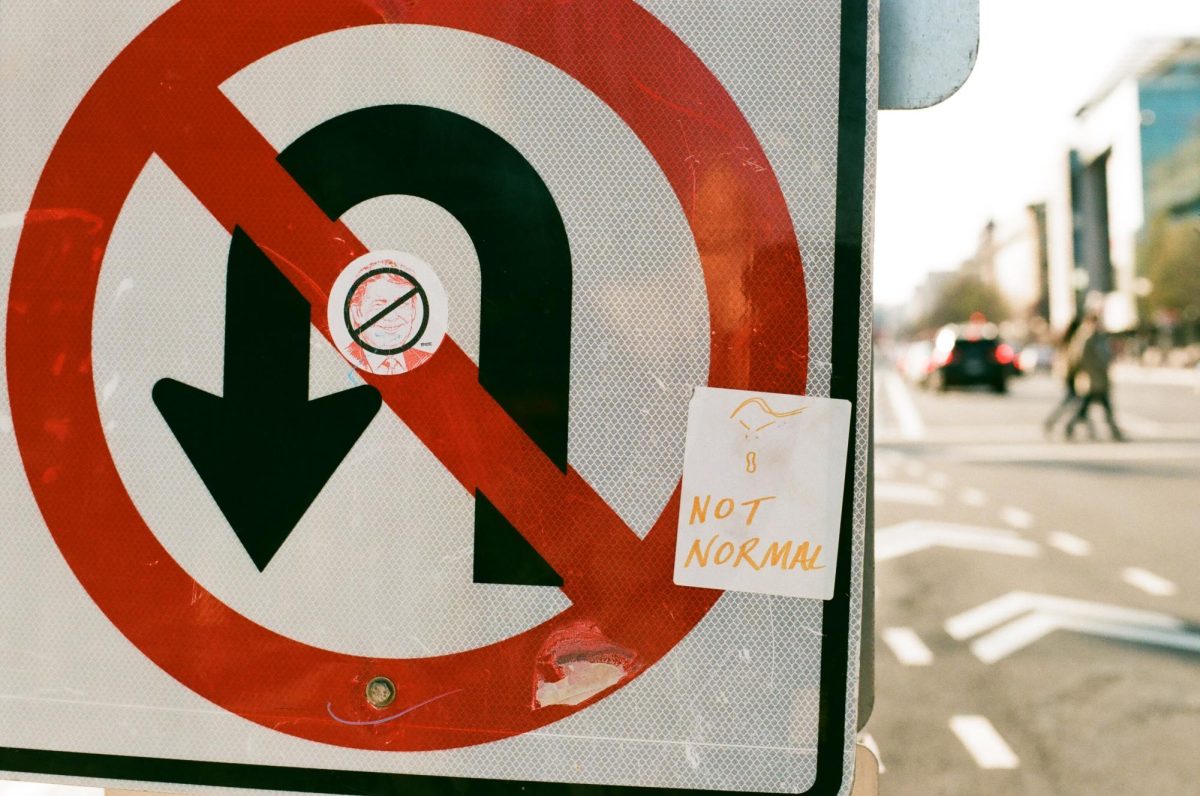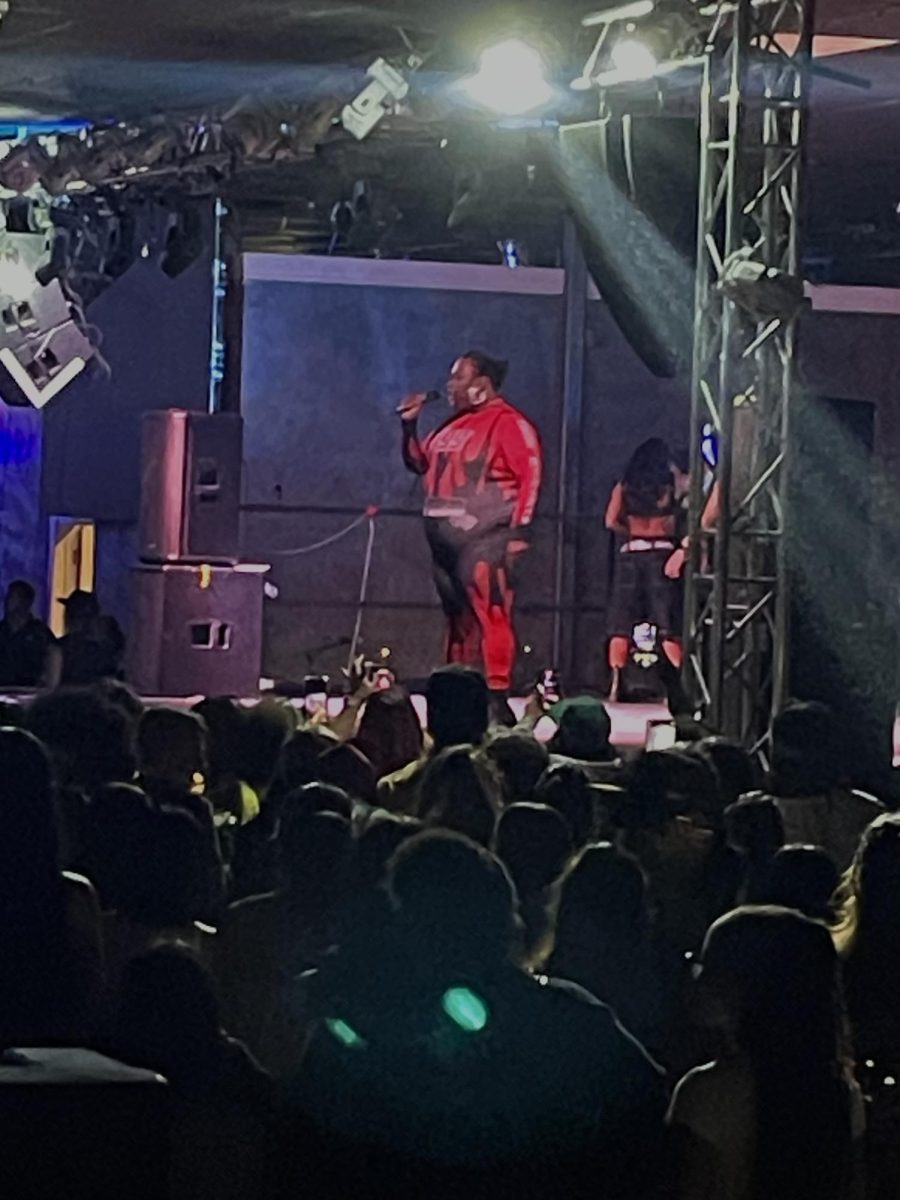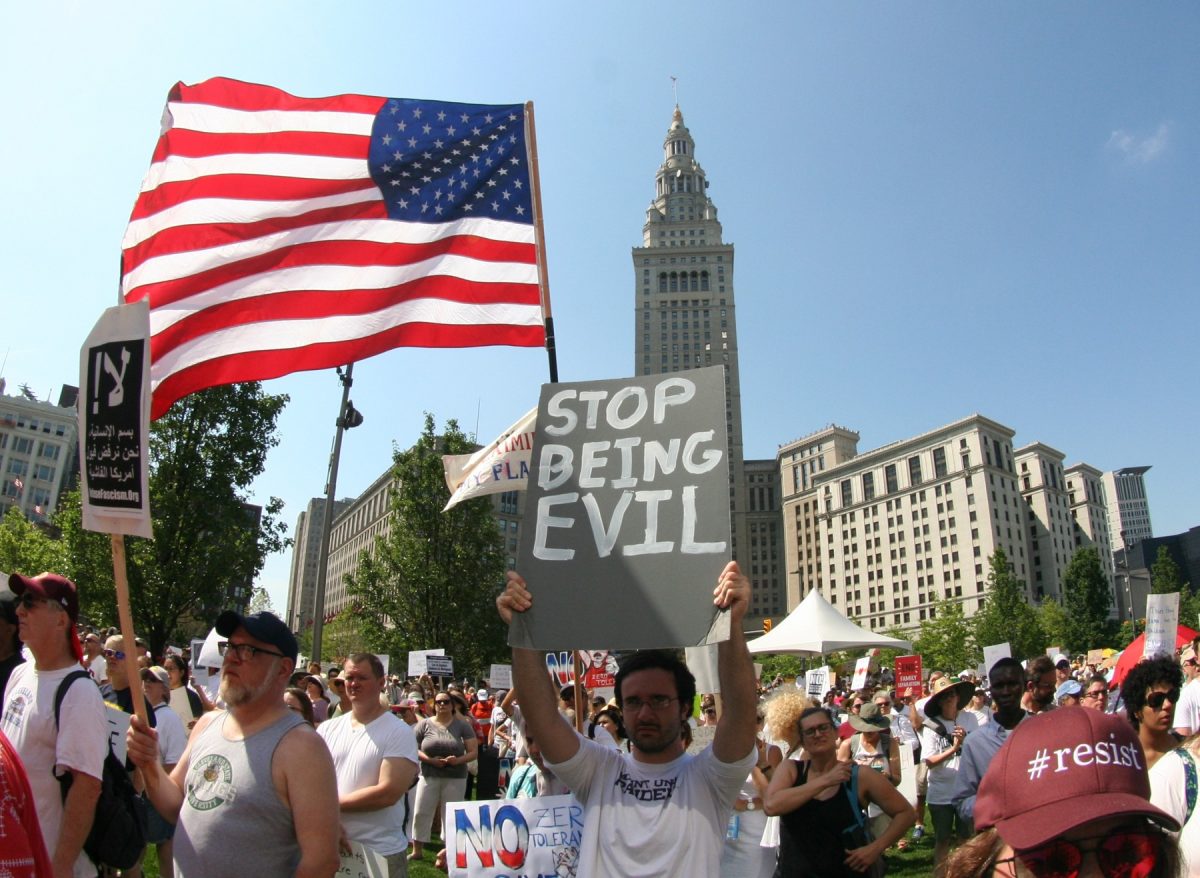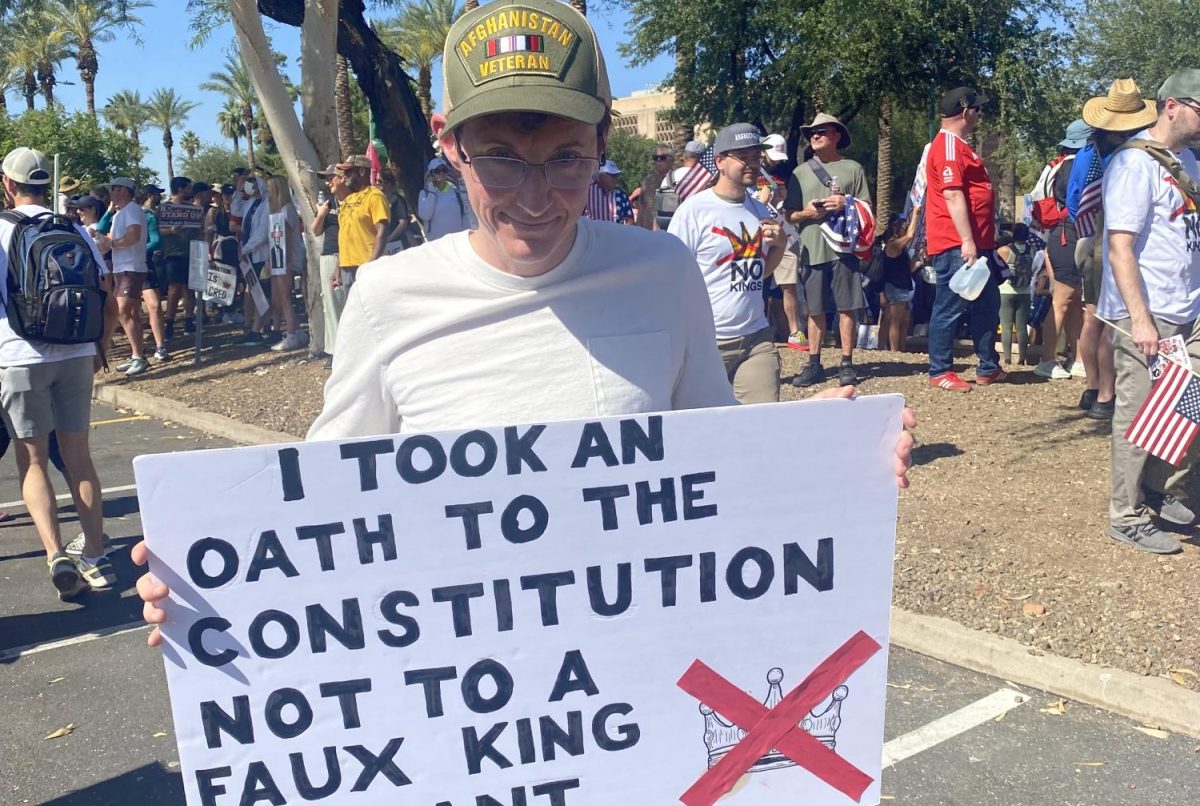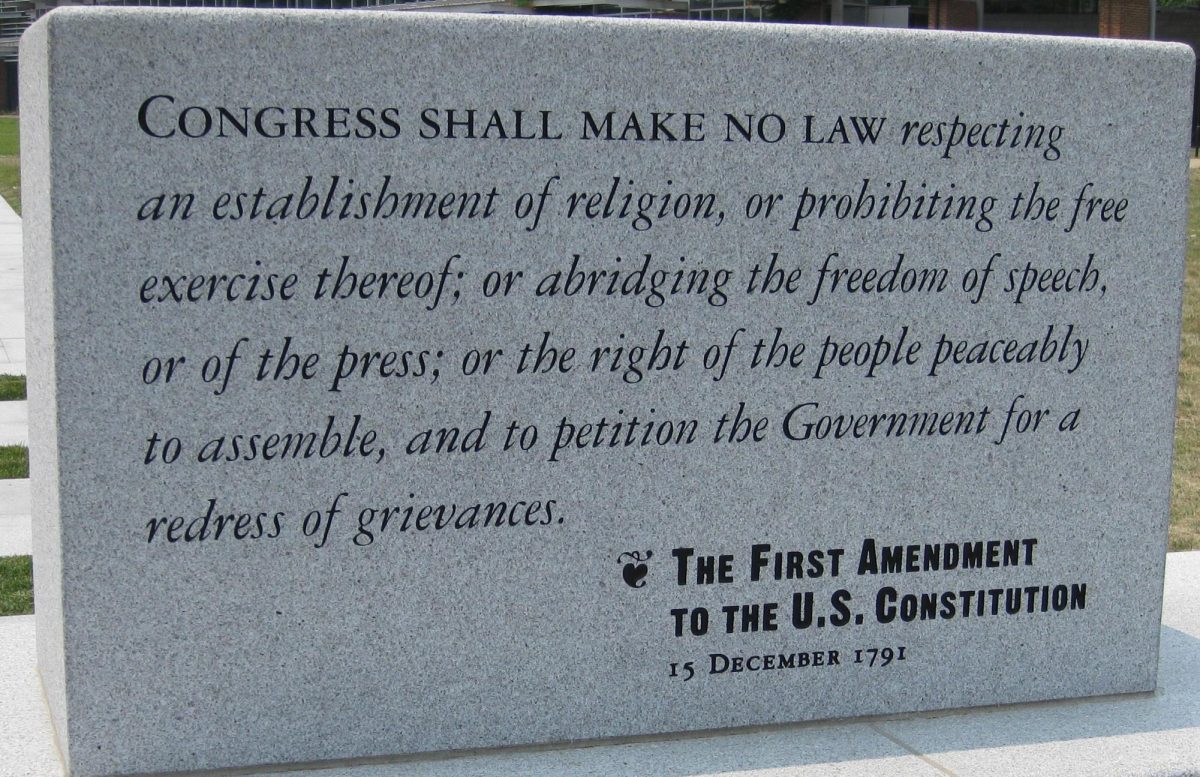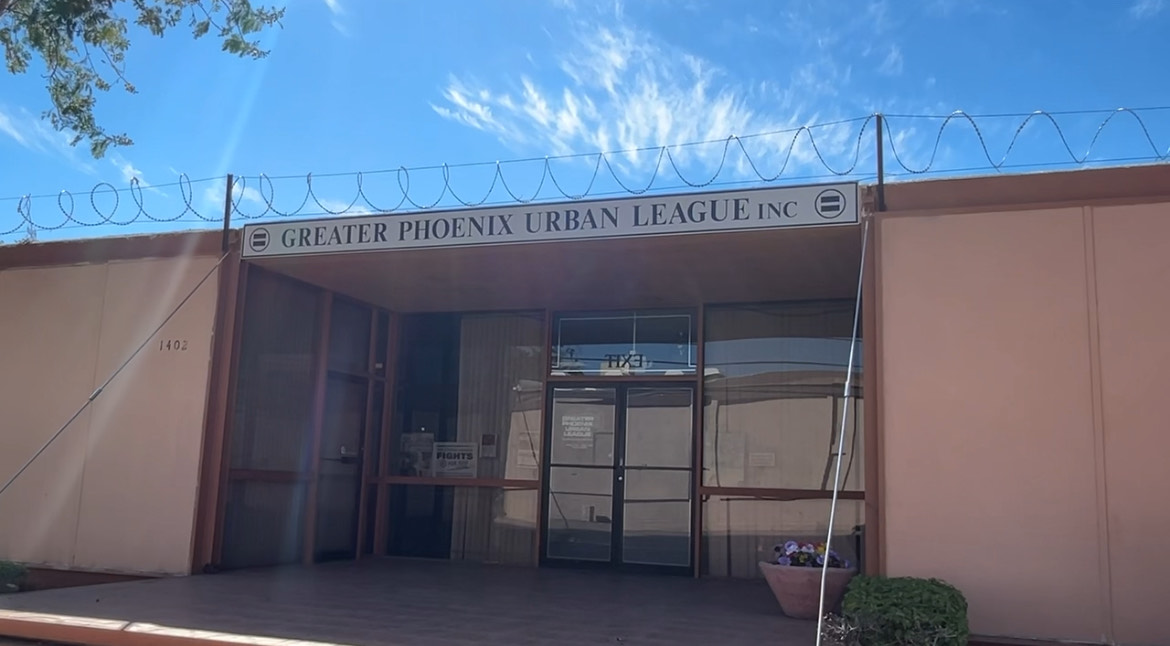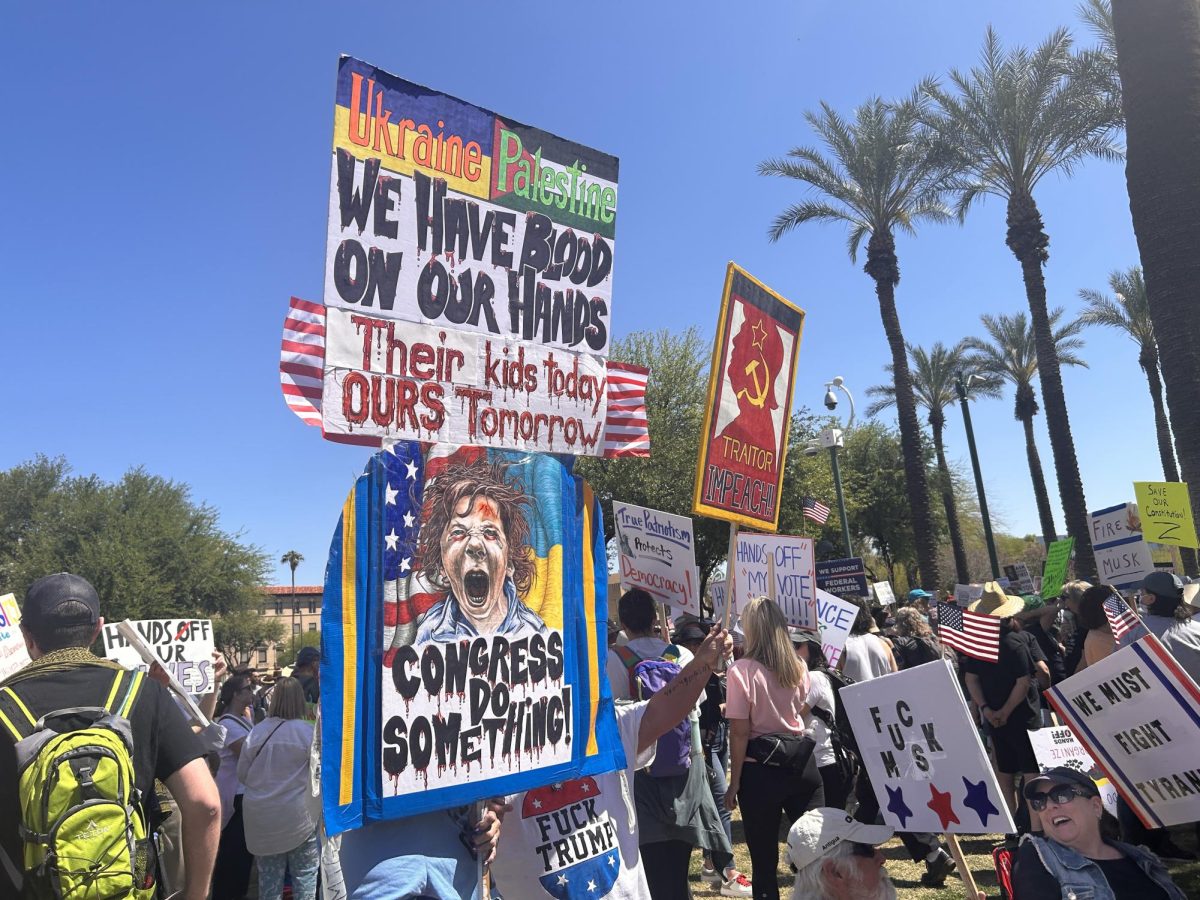As the conflict in Ukraine rages on, a lesser-known tragedy unfolds—the abduction and forced assimilation of Ukrainian children by Russian forces. The plight of these innocent youth, torn from their families and robbed of their identities, highlights the devastating human cost of war.
The scale of this crisis is staggering.
Daryna Shevchenko, CEO of Kyiv Independent, an English-language Ukrainian online newspaper shed light on the realities of the child abductions by Russia during a Kyiv Independent Conversation and screening of the documentary “Uprooted” held last weekend in Tempe that featured reporters, photographers panelists and some of the victims of the Russian child abductions.
“We are not talking about a few isolated cases. The numbers we are talking about are 20,000 children abducted and deported into the occupied territories of Russia and Belarus. The reason we know about the number is because someone reported them [the children] missing,” Shevchenko said.
The true extent may be even more alarming, with estimates suggesting over 100,000 children affected.
“They are not just abducting the children, they are re-educating them, they are sending them to camps, having them forget the Ukrainian language. They tell them that Ukraine doesn’t exist anymore, they sometimes make them go to a Russian church, tell them that there is no one waiting for them, they change their identities so families can’t find them.”
The beneficiary in this situation is the Russian family who takes on a child—as well as the payments to “help”.
Katya Pavlevych, Project Manager of “Uprooted” a documentary on the child abductions underscores the urgency of the situation.
“Putin issued a special decree that accelerates the adoption process for Ukrainian children and you get incentivized for adoption,” Pavlevych said.
Every child in the hands of a new family member is made to forget their language, culture, their very existence as Ukrainians.
The documentary is supported by a New-York based nonprofit organization Razom for Ukraine, and offers a disturbing glimpse into the heartbreaking realities.
Ivan Matkovsky, a central figure in the documentary “Uprooted” does not consider himself a hero as presented in the film.
He believes that it could have been anyone in his shoes.
Ivan was held for two months when he was 16 years old. Now at age 18, he believes that it was only because he was older and was determined that the Russians were not going to take him that he can speak out in order to help other children. Ivan called everyone he knew and said that if he didn’t get out he would be stuck with a Russian family.
While there are legislative efforts condemning the abduction of children in the United States, they have yet to materialize into meaningful action. Shevchenko urges for greater support from the U.S. and the rest of the world.
“Frankly, the reason that the U.S. and other countries aren’t doing more is because they don’t see the big picture of what is happening.”
The big picture Shevchenko speaks of is another World War adding that it can be hard to grasp all this, but “if you go back in history, you will understand this is what will happen in the future.”
Pavlevych places the onus squarely on the shoulders of those in the U.S. that oppose support for the Ukraine.
“At this point, Europe has provided more [support] when you look at the [countries] GDP in comparison to U.S., and the only thing I can say is, ‘U.S., it is time to catch up.’”
If Russia conquers Ukraine, there is a good chance that U.S. troops will eventually have to be sent to Europe.
“How do you put a price of life of an American soldier—and how do you put a price on an abducted child?” Pavlevych said.
Everyone in Ukraine, no matter the age, occupation or status is suffering and dealing with emotions that most will never understand.
“I feel like my emotions are frozen because I know I need to work,” said Olesya Bida a war crime unit reporter. “Our job to bring Russian military to justice is more important than our personal emotions.”
Watching children on social media that once wanted to come home, but have been brainwashed into staying is especially difficult for Bida.
“I follow this girl on social media who wanted to live in Ukraine [and now] has a new family, new friends, a boyfriend. According to social media she doesn’t talk about coming back to Ukraine anymore.”
As the world grapples with the escalating crisis in Ukraine, the documentary serves as a reminder of the human cost of conflict, the film “Uprooted” can be viewed on YouTube.


